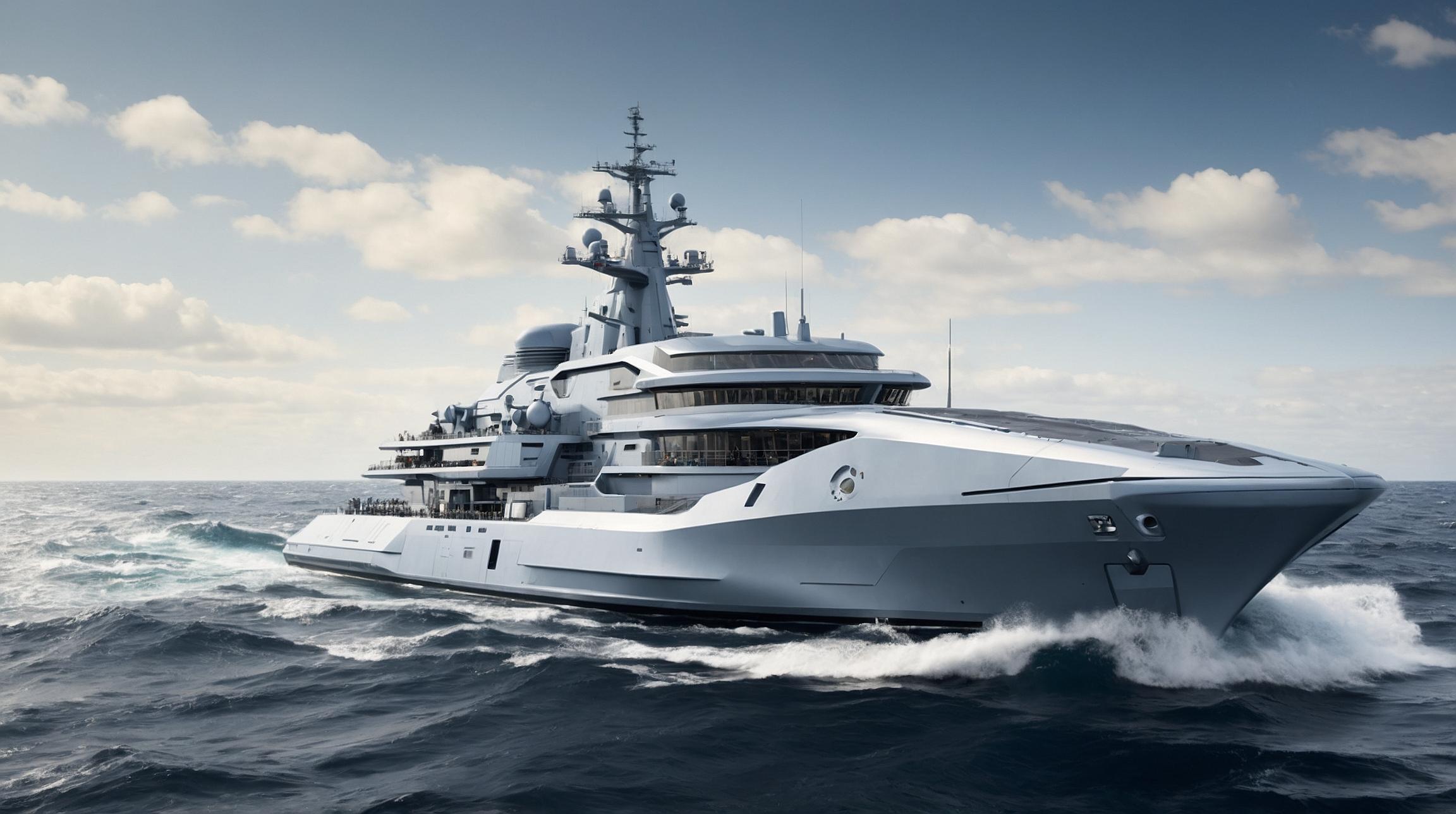Quantum Navigation Industry Day
Infleqtion UK recently hosted its Quantum Navigation Industry Day in London, showcasing the latest developments in quantum technologies for Positioning, Navigation, and Timing (PNT). This event brought together experts from various sectors to discuss how these advancements can solve the limitations of current navigation systems, particularly in areas where Global Navigation Satellite Systems (GNSS) are ineffective.
A Step Towards Reliable Navigation
The Q-NAV project, led by Infleqtion, aims to develop a Quantum-Enhanced Inertial Navigation System (Q-INS). Unlike traditional systems that rely heavily on GNSS, which can be jammed or spoofed, Q-INS seeks to offer a more reliable alternative. By using quantum technology, Q-INS can maintain accuracy even when GNSS signals are unavailable.
Partnerships Fueling Innovation
Infleqtion's collaboration with QinetiQ and the Royal Navy is central to this innovation. These partnerships facilitate the integration of both quantum and classical sensors, aiming to create a hybrid navigation system that is both accurate and dependable. Lieutenant Colonel Scott Wallace of the Royal Navy highlights the importance of these collaborations in turning groundbreaking quantum technologies into practical solutions.
How Quantum Technology Works
Quantum technology leverages the principles of quantum physics, such as superposition and entanglement, to achieve high precision. For example, while traditional sensors might have downtime between readings, quantum sensors can provide continuous data, improving navigation accuracy.
Real-World Applications and Future Trials
Infleqtion plans to test this hybrid system aboard the Navy's XV Patrick Blackett experimental vessel in 2025. This trial will be crucial in demonstrating the system's capability to handle real-world challenges. Jamie Vovrosh from QinetiQ emphasizes the potential of these technologies in setting new standards for navigation, both in military and civilian contexts.
Infleqtion's Ongoing Commitment
With a strong foundation in quantum research, Infleqtion is committed to advancing navigation technology. By pushing the boundaries of what is possible, they aim to make navigation systems more accurate and resilient, benefiting both military operations and civilian applications. Infleqtion's innovations promise a future where navigation is no longer hindered by the vulnerabilities of traditional systems.













